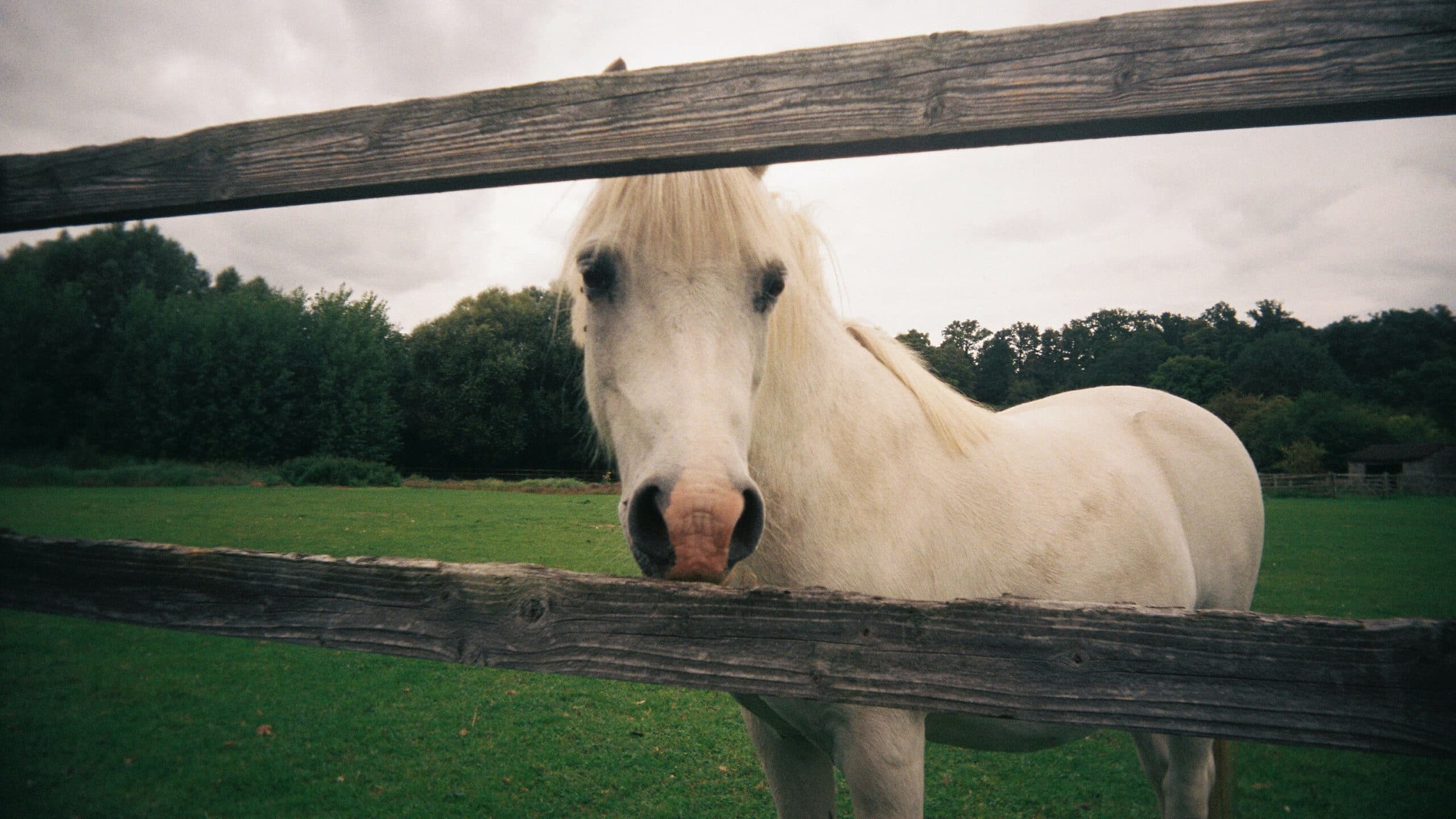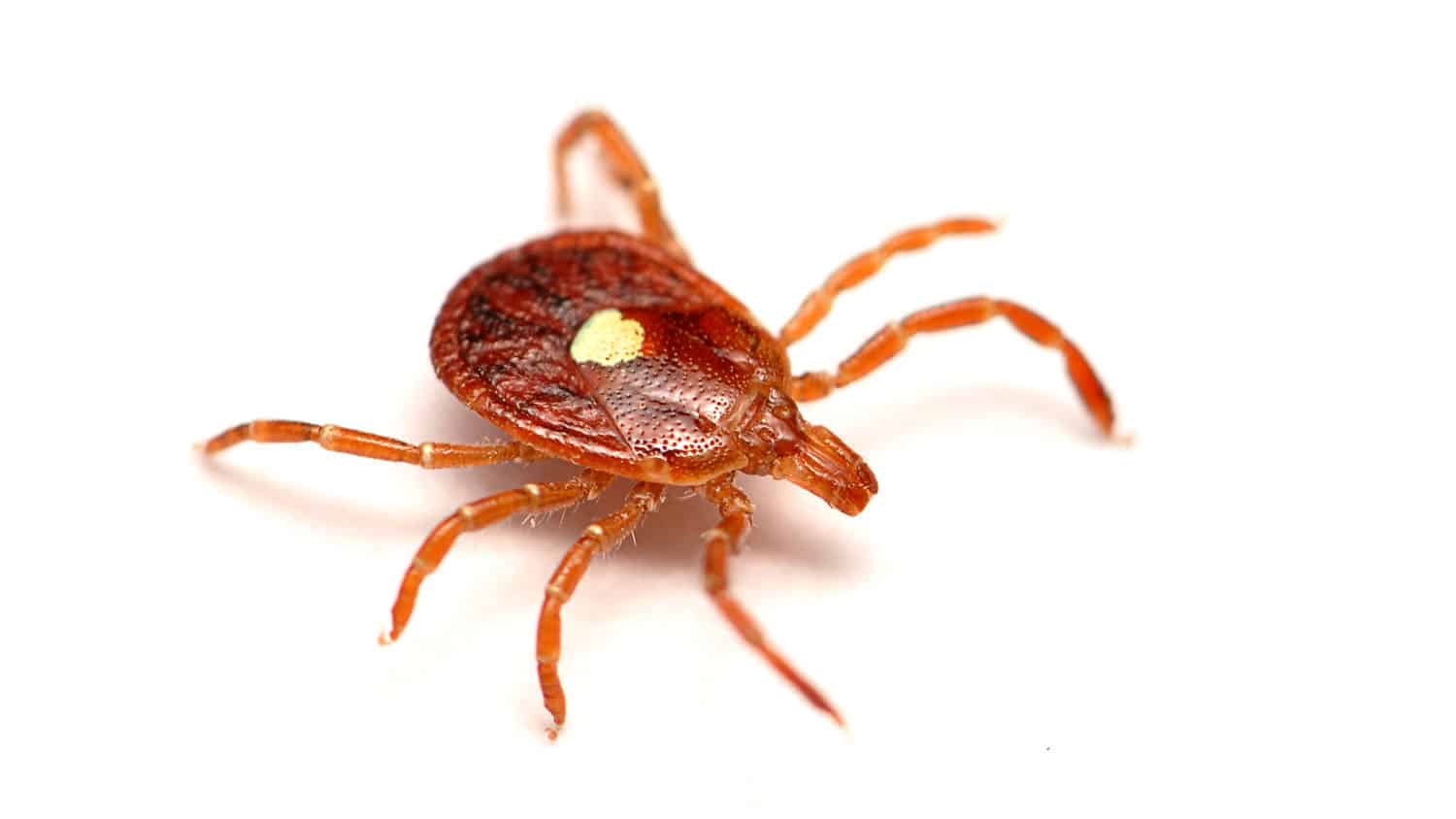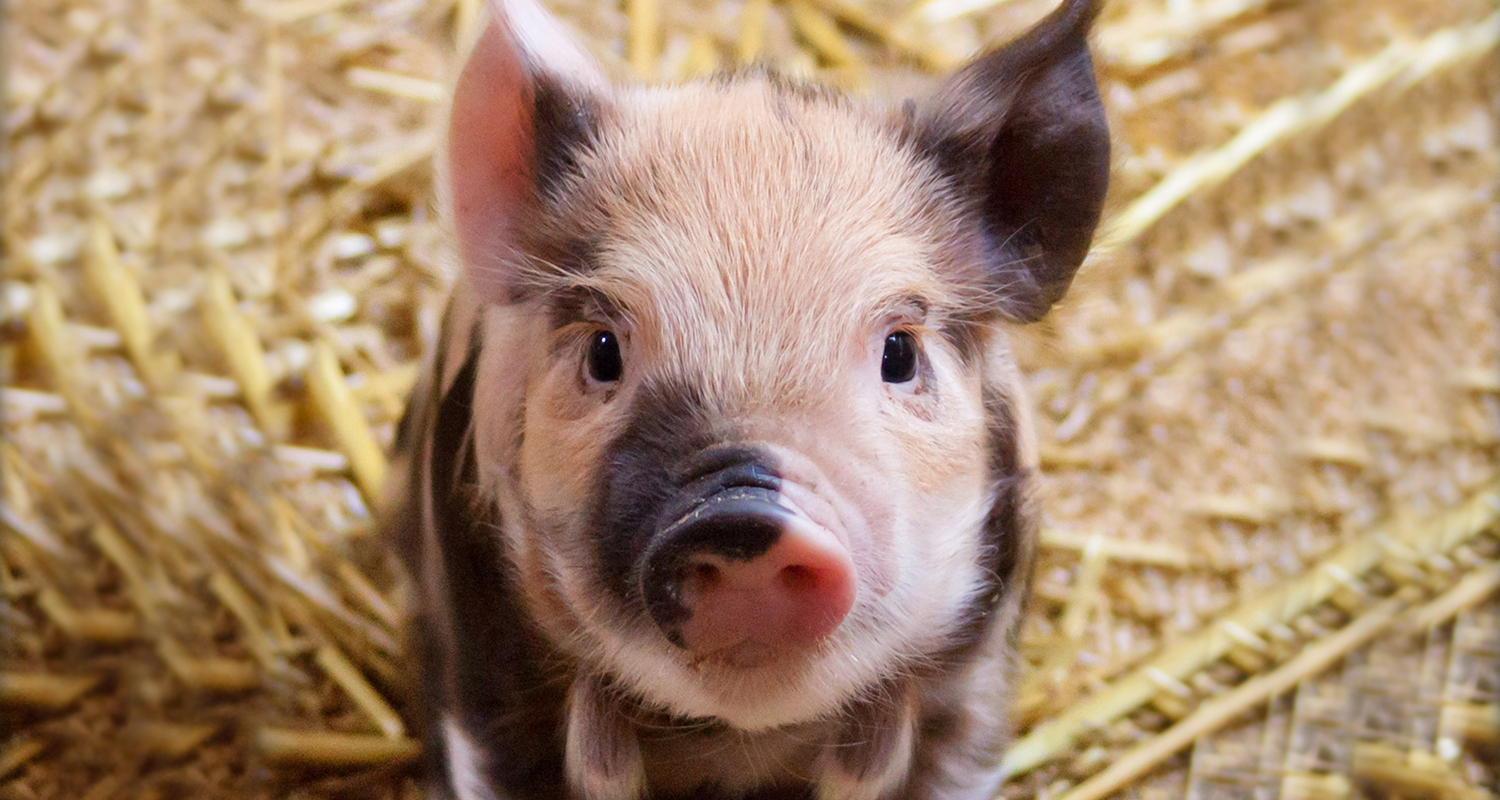Tracey Peake

Improving Atmospheric River Forecasting

Researchers Create Ultra-Stretchable, Liquid-Repellent Materials Via Laser Ablation

Bartonella, Babesia and Chronic Fatigue Syndrome

Chiral Phonons Create Orbital Current via Their Own Magnetism

Researchers Develop Guidelines for Diagnosing, Monitoring Canine Cognitive Decline

Study Explores Role of Neutrophils in Canine Atopic Dermatitis

Novel Kirkovirus May Be Associated with Colitis in Horses

Researchers Confirm New Rickettsia Species Found in Dogs

A ‘Problem’ Leads to Potential Solutions for Injured Reptiles

PRRSV Vaccine Effectiveness Linked to T Cell Response

Hourly Weather Data Reveals Climate Trends in U.S.

Study: Composite Metal Foam Could Lead to Safer Hazmat Transportation

Nanotyrannus Confirmed: Dueling Dinosaurs Fossil Rewrites the Story of T. rex

High Levels of Short-Chain PFAS Found in Wilmington Residents’ Blood
